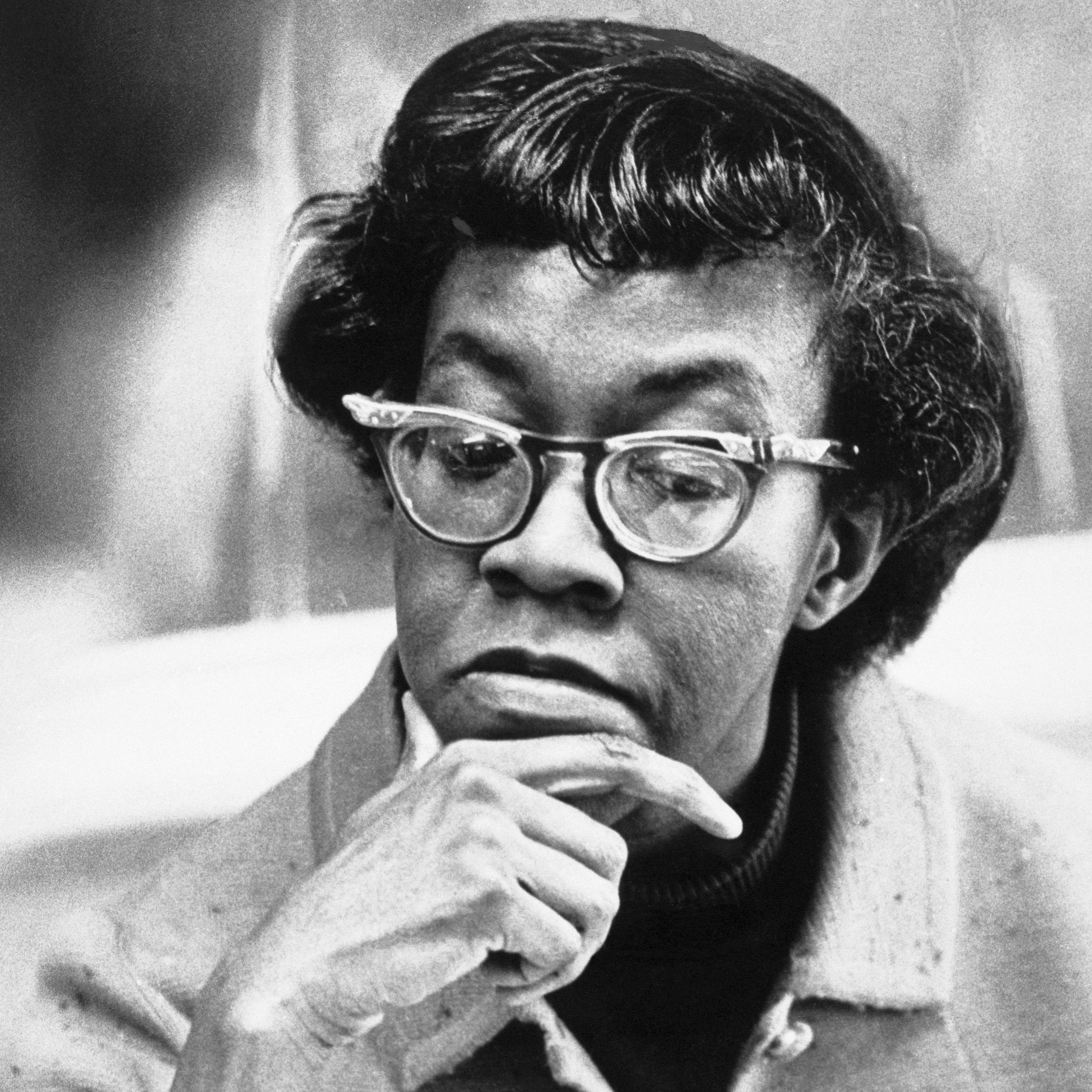Being you, you cut your poetry from wood.
The boiling of an egg is heavy art.
You come upon it as an artist should,
With rich-eyed passion, and with straining heart.
We fools, we cut our poems out of air.
Night color, wind soprano, and such stuff.
And sometimes weightlessness is much to bear.
You mock it, though, you name it Not Enough.
The egg, spooned gently to the avid pan,
And left the strick three minute, or the four,
Is your Enough and art for any man.
We fools give courteous ear--then cut some more,
Shaping a gorgeous Nothingness from cloud.
You watch us, eat your egg, and laugh aloud.
Published:
1960
Length:
Regular
Literary Movements:
Chicago Black Renaissance
Anthology Years:
2024
Themes:
Ars Poetica
Food
Poetic Form
Literary Devices:
End Rhyme
when a poem has lines ending with words that sound the same
Extended Metaphor
a metaphor that extends through several lines or even an entire poem
Iambic Pentameter
a line of verse composed of five iambs– an unstressed syllable followed by a stressed syllable (u / u / u / u / u /) commonly used in the Renaissance period
Rhyme
correspondence of sound between words or the endings of words, especially when these are used at the ends of lines of poetry
Sonnet
A poem with fourteen lines that traditionally uses a fixed rhyme scheme and meter.
Transferred Epithet
When an adjective usually used to describe one thing is transferred to another.

